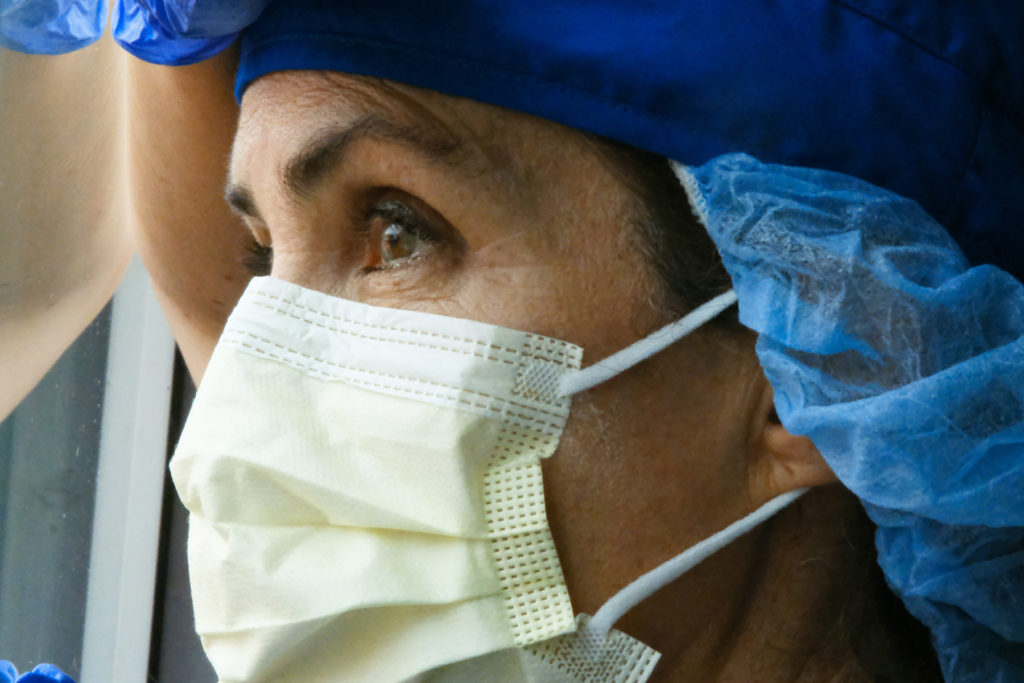
Cities Brace for ‘Collision’ of Heat and COVID-19
Thursday, June 25, 2020 (Kaiser News) — Aaron McCullough brought his 3-year-old daughter, Ariana, to a playground in a leafy neighborhood of Rochester, New York, on a day in mid-June when the temperature topped out at 94 degrees.
The playground is one of seven spray parks in the city that offer cooling water whenever temperatures exceed 85 degrees.
Except during a pandemic.
“I was hoping that one of these water parks could open up and at least spray a little bit of water on us,” McCullough said.
Instead, he said, sweat dripping off his face, “there’s no water around at all.”
All of the city’s spray parks and air-conditioned cooling centers were shut down to slow the spread of COVID-19.
“Gathering in close proximity and engaging in physically strenuous behavior like running around the spray park appears to be a likely possibility for transmission,” said city spokesperson Justin Roj.
McCullough had bought Ariana a milkshake before they came to the park. It melted in his hand as she played on the slide.
“We’re not staying much longer,” he said. “Maybe 10 more minutes. If there were water, we’d be here till sundown.”
Across the country, authorities are finding that their usual strategies for protecting people against heat-related health problems are in direct conflict with their strategies for containing the coronavirus — and with record-breaking temperatures already recorded in some places before summer even officially began, those conflicts are likely to become more frequent.
“COVID-19 and climate change are on a collision course,” said New York City Emergency Management Department spokesperson Omar Bourne.
“There is no question that the challenges we face this summer are unprecedented.”
The balance between preventing COVID-19 and preventing heat-related illnesses is a tough one, experts said.
“I am very grateful that I am not responsible for making that very complicated decision,” said Dr. Andrea Miglani, the medical director of the emergency department at Strong Memorial Hospital in Rochester.
The first symptoms of overheating cause what doctors call heat exhaustion. They include heavy sweating, elevated pulse, tiredness, weakness and dizziness.
Source link
